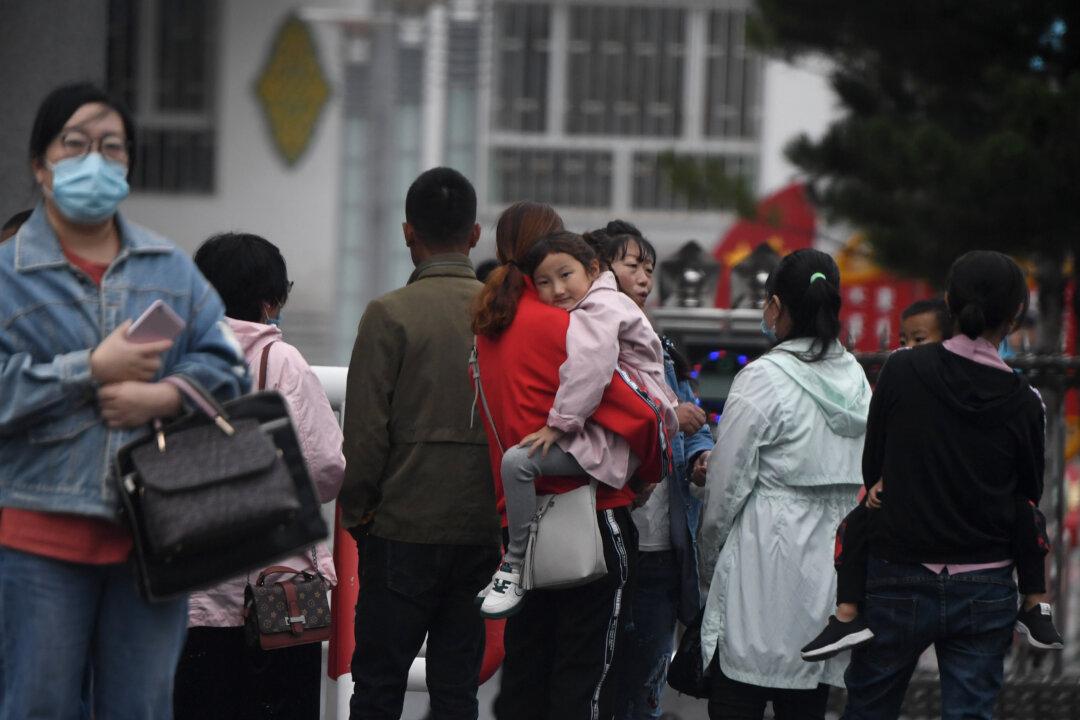Internal documents from the Inner Mongolia government revealed that local bureaucrats were incompetent and corrupt.
The government of Hulunbuir city arranged ten inspection teams composed of senior officials to probe different government departments and organs from late March to late May.





